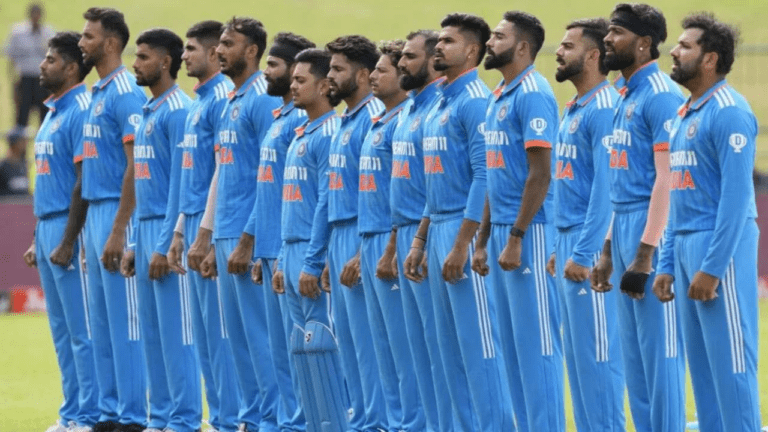The Art of Captaincy in the IPL: Leadership and Strategy
Gold365, Play99exch: In the high-stakes world of the Indian Premier League (IPL), successful captains possess a unique blend of leadership qualities that set them apart from the rest. One key quality is the ability to remain calm under pressure, making crucial decisions with a clear mind even in the most intense of situations. This composure not only inspires confidence in the team but also enables the captain to think strategically and act decisively on the field.
Furthermore, successful IPL captains are adept at motivating their players and building a strong team culture. They lead by example, displaying professionalism, dedication, and a relentless drive to succeed. By fostering a positive environment within the team, these captains are able to bring out the best in their players, creating a cohesive unit that works together towards a common goal.
Understanding the Team Dynamics
Successful IPL captains understand the intricacies of team dynamics, recognizing that each player brings a unique set of skills and attributes to the squad. They foster a cohesive team spirit by promoting a culture of unity and mutual respect among team members. By creating a supportive environment where players feel valued and encouraged to perform at their best, these captains ensure that the team operates as a well-oiled machine on and off the field.
Moreover, adept captains have a keen eye for identifying the strengths and weaknesses of individual players, enabling them to make informed decisions about team composition and strategy. They leverage their understanding of team dynamics to assign roles effectively, capitalize on each player’s strengths, and address any potential areas of improvement. By optimizing the team’s collective abilities and maximizing individual contributions, these captains excel in steering their team towards success in the highly competitive arena of the IPL.
Strategic Decision-Making on the Field
Successful cricket captains are known for their ability to make quick and effective decisions on the field. Their strategic thinking plays a crucial role in determining the outcome of the match. Captains must assess the game situation, analyze the strengths and weaknesses of both teams, and then make decisive calls to stay ahead in the game.
One of the key aspects of strategic decision-making is understanding the importance of timing. Captains need to know when to introduce specific bowlers, change the field placements, or declare an innings. The ability to make these decisions at the right moment can swing the game in their team’s favor and create opportunities for success.







